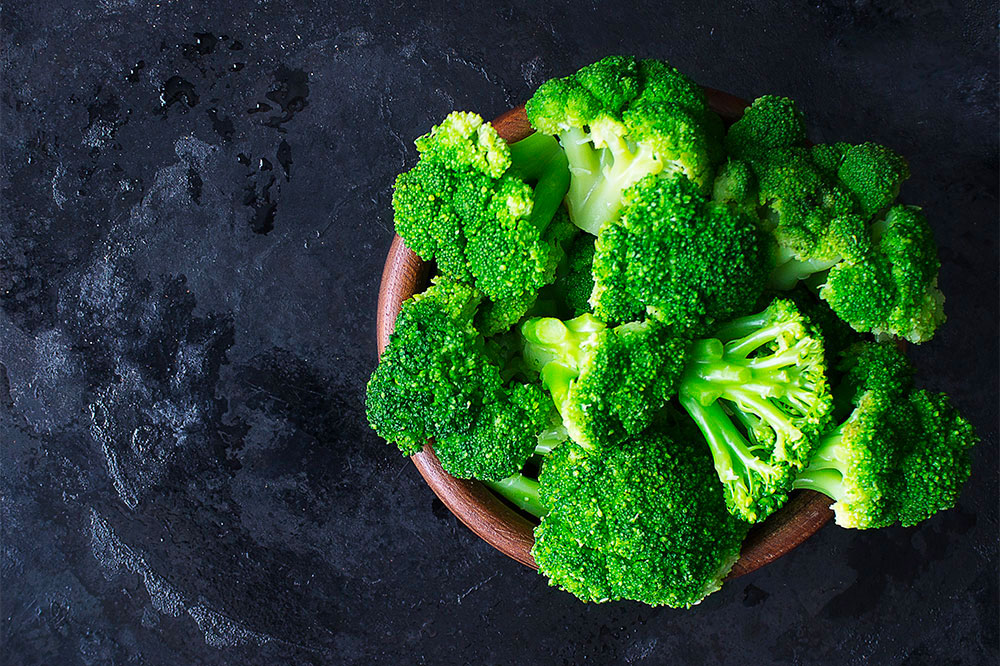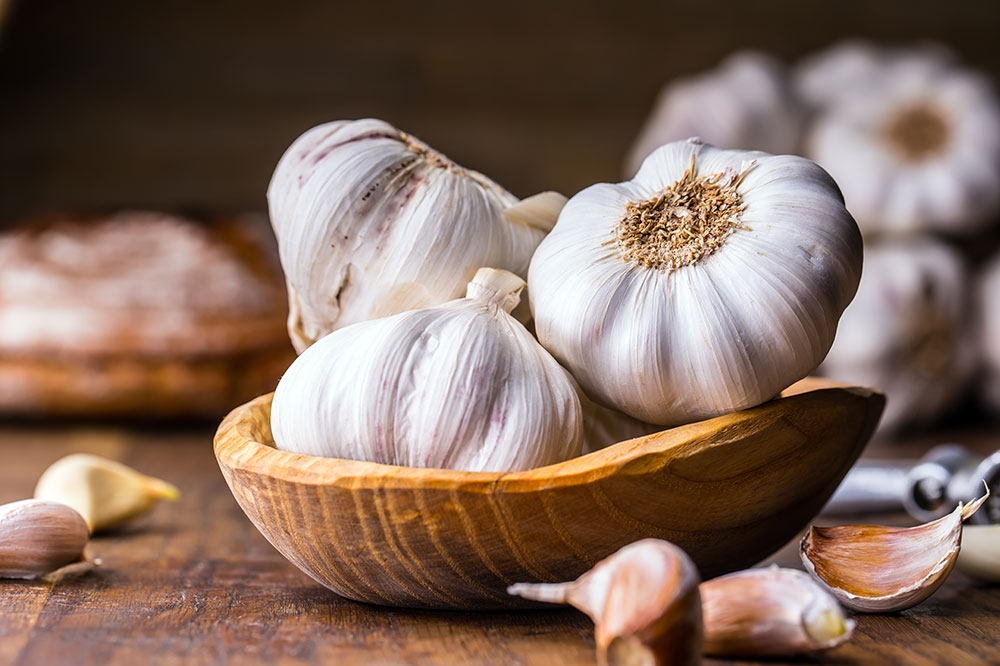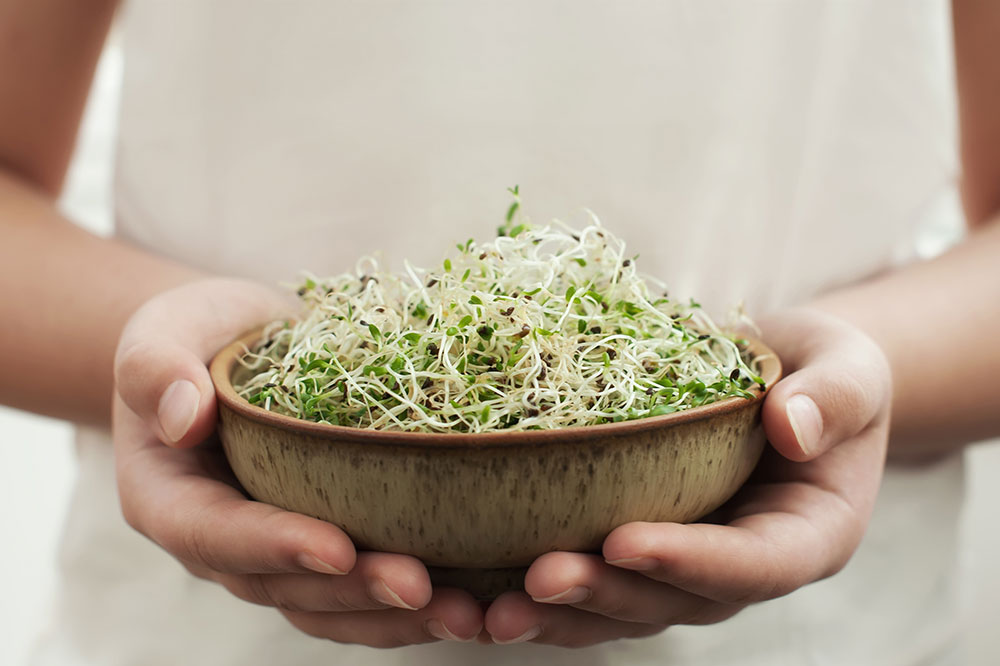Comprehensive Nutritional Strategies to Manage and Support Lupus Symptoms
Discover comprehensive nutritional strategies to effectively manage lupus symptoms. Learn about anti-inflammatory foods, essential nutrients, and dietary habits that support immune health and reduce flare-ups. Tailor your diet with expert guidance to improve overall well-being and maintain organ function, empowering you to live better despite lupus.

Effective Dietary Approaches for Living with Lupus
Lupus, medically known as systemic lupus erythematosus (SLE), is a complex autoimmune disorder where the immune system mistakenly attacks healthy tissues across various organs. This condition can result in a broad spectrum of symptoms, including persistent joint pain, skin rashes, extreme fatigue, and potential kidney complications. While there is currently no permanent cure for lupus, adopting specific lifestyle and dietary modifications can significantly influence the disease’s progression and symptom severity. Nutrition plays a pivotal role in managing inflammation, maintaining organ health, and enhancing overall quality of life for individuals living with lupus.
In lupus management, a balanced diet tailored to combat inflammation and support immune health is essential. Integrating antioxidant-rich vegetables, whole grains, healthy fats, and lean proteins into daily meals can help reduce disease activity and promote well-being. Conversely, avoiding foods that may trigger immune responses or exacerbate inflammation is equally vital. Personalized nutrition plans, ideally designed in consultation with healthcare professionals, empower lupus patients to control their symptoms, boost their energy, and maintain vital organ functions. This comprehensive approach requires understanding which foods to embrace and which to restrict for optimal health outcomes.
Key Foods to Incorporate into a Lupus-Friendly Diet
Leafy Greens: Spinach, kale, collard greens, broccoli, and arugula are rich in antioxidants such as vitamins A, C, and K, and supply vital minerals. These foods help combat inflammation, strengthen bones, and support immune regulation—critical factors for lupus patients.
Whole Grains: Quinoa, brown rice, oats, and whole wheat products are excellent sources of dietary fiber and complex carbohydrates. They promote cardiovascular health, stabilize blood sugar levels, and contribute to sustained energy—beneficial for managing fatigue associated with lupus.
Healthy Fats: Olive oil, rich in monounsaturated fats and polyphenolic compounds, exhibits anti-inflammatory properties. Incorporating olive oil into cooking or dressings can aid in reducing systemic inflammation.
Fruits and Nuts: Berries, citrus fruits, apples, bananas, almonds, walnuts, flax seeds, and pistachios provide a wealth of antioxidants and healthy fats. These nutrients support immune system function, improve skin health, and enhance cardiovascular well-being.
Fatty Fish: Salmon, mackerel, sardines, and trout are high in omega-3 fatty acids and vitamin D. Regular consumption can help diminish inflammation, support joint health, and promote overall immunity.
Calcium and Vitamin D Sources: Fortified plant-based milks, yogurt, beans, mushrooms, and leafy greens are vital for maintaining strong bones—particularly important given the heightened risk of osteoporosis in lupus patients.
Foods and Substances to Limit or Avoid
Alfalfa Sprouts: Known to contain L-canavanine, which can stimulate immune activity and worsen autoimmune responses, potentially triggering flare-ups.
Garlic: Although beneficial for immune support in general, garlic may overstimulate an already hyperactive immune system in lupus, leading to increased symptoms.
Red and Processed Meats: Items like beef, pork, and processed sausages are high in saturated fats, which can promote inflammation and elevate cardiovascular risks—both critical concerns for lupus patients.
High-Sodium Foods: Processed meats, canned foods, soy sauce, ketchup, and snack foods contribute to fluid retention, high blood pressure, and worsen edema symptoms.
Processed and Fried Foods: Packaged snacks, fried items, and fast foods contain additives, unhealthy fats, and preservatives that may trigger disease flare-ups.
Sugar-Laden Drinks: Soft drinks, sweetened fruit juices, and energy drinks can cause blood sugar spikes and promote systemic inflammation.
Refined Carbohydrates: White bread, white rice, and similar refined grains can lead to rapid increases in blood glucose, potentially exacerbating inflammation and fatigue.
Implementing dietary changes should always be personalized and undertaken under the guidance of healthcare providers. Given individual variability in disease presentation and response to food, tailored nutrition plans optimize the benefits and minimize potential triggers. By making conscious choices, individuals with lupus can better manage their symptoms, sustain energy levels, and improve overall health—significantly enhancing their quality of life.





